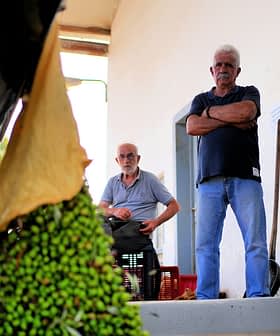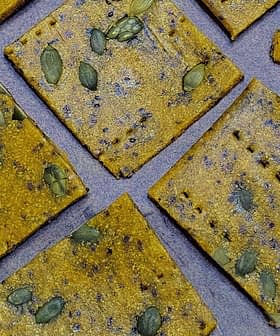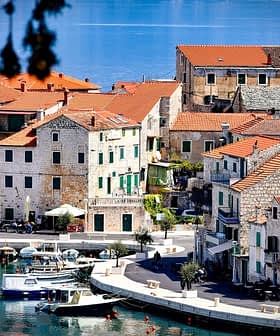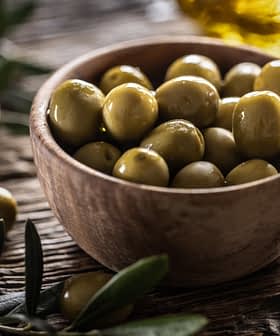 6.4K reads
6.4K readsFood & Cooking
Greek Salad is Trending
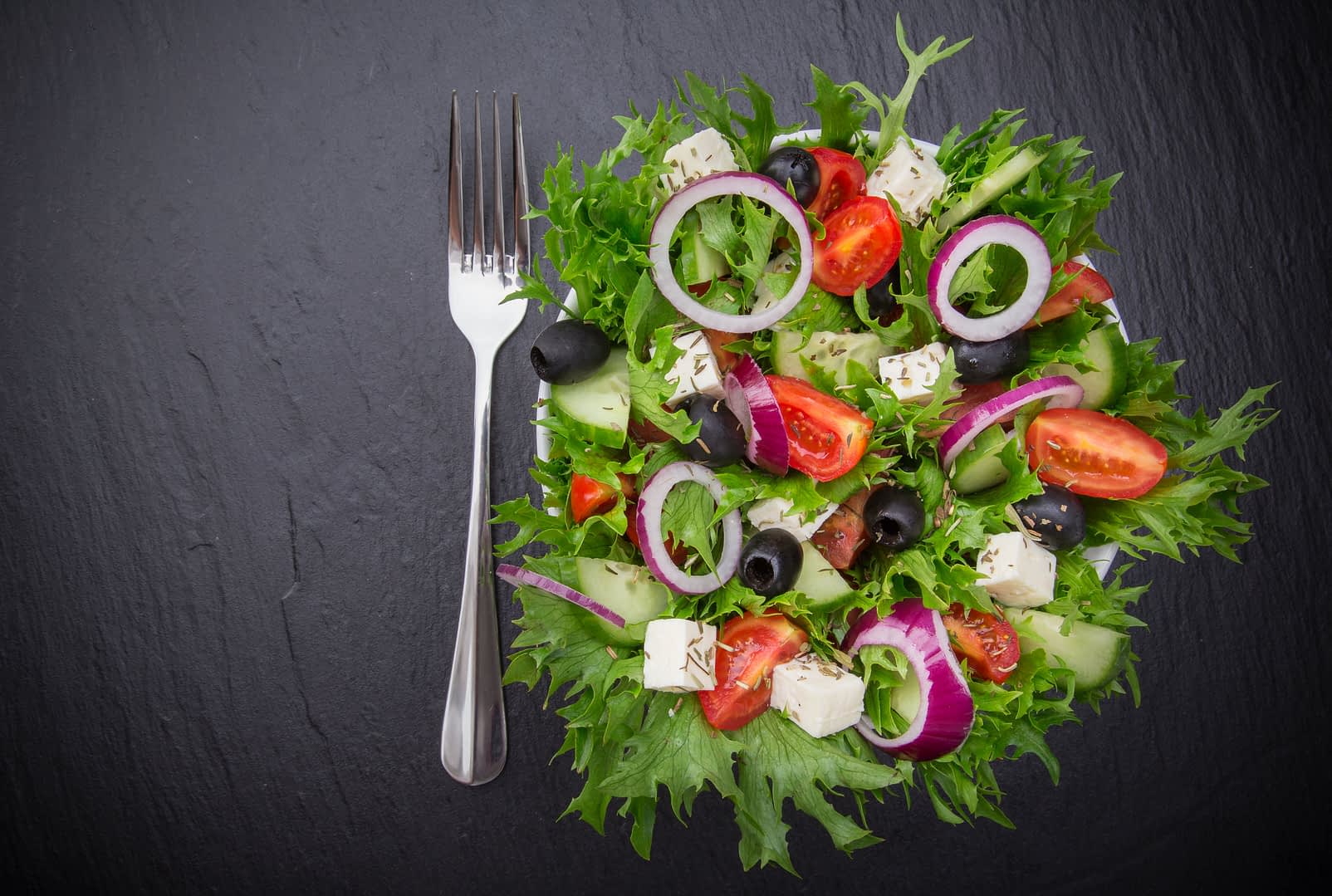
The Greek salad, known as Horiatiki in Greece, is a staple dish in the country’s cuisine that is popular among both locals and tourists. Made up of simple ingredients like tomato, cucumber, olives, feta cheese, and olive oil, it is not only visually appealing but also offers a wide range of health benefits, making it a top choice for a nutritious meal, especially during the Covid-19 pandemic. The salad’s colorful combination of vegetables provides a variety of vitamins and minerals, while the olive oil, olives, and feta cheese complement the nutritional value of the dish, making it a healthy and delicious option for those looking to strengthen their immune systems.
A staple of the country’s cuisine, the Greek salad is a popular dish among natives and tourists alike. It is always present on the dinner table, accompanying almost all meals or standing alone as a main dish.
Made up of simple ingredients, including tomato, cucumber, onion, olives, a pinch of salt and dried oregano, topped with a slice of feta cheese and dressed with a generous amount of olive oil, the colorful salad — or Horiatiki, as the Greeks call it — is food for the eye and a top selection for healthy eating, even more so now in the Covid-19 era.
The bouquet of the colors of the Greek salad reflects the variety of vitamins and minerals the dish boasts, which shield our bodies against pathogens.
“The Greek salad ranks high on social media with a strong presence on Instagram and Facebook,” food photographer Nikos Paschalis said. “One of the first things a newcomer to Greece will do is taste the salad and take a photo of it to depict the feast of colors in one dish. Foreigners find it difficult to describe how it tastes and even the most selective among them succumb to its flavor and nutritional value.”
Amid the pandemic, which has made consumers reconsider their options and opt for healthier food, the Greek salad is trending as a dish of choice for a tasty meal high in nutritional value.
“The Greek salad is the queen of the summer, even more so this year now that people have turned to vegetables and healthy eating to strengthen their immune systems,” Kiki Emmanouilidou, a member of the association of top chefs of northern Greece, said.
She added that the salad is easy to prepare and contains flavor, aromas, colors, vitamins, antioxidants and fibers and is low in calories.
Melina Karipidou, a clinical dietician and nutritionist and a research fellow at Harokopio University of Athens, said that the salad consists of vegetables of different colors that act as indicators of the nutrients and antioxidants the dish has to offer.
“The bouquet of the colors of the Greek salad reflects the variety of vitamins and minerals the dish boasts, which shield our bodies against pathogens,” Karipidou told Olive Oil Times.
“Vegetables are rich in different nutrients according to their color and color intensity, so the more vegetables of different colors we consume the more nutrients we get to fortify our bodies,” she added.
See Also:Food and Cooking“The Greek salad contains the red tomato, rich in lycopene, potassium, and vitamin C; the green cucumber with flavonoids, carotenoids, folic acid and vitamins B and K; and the onion, which belongs in the white/brown family of vegetables, is a good source of vitamin C and phenolic compounds. Most of these ingredients also demonstrate important antioxidant and anti-cancer qualities.”
The undisputed star among the veggies of the salad is the tomato, botanically classified as a fruit. However, an 1893 ruling by the United States Supreme Court classified tomatoes as vegetables since they are mostly cooked or used in a salad.
“Tomatoes are an excellent source of lycopene, a dietary antioxidant with anti-cancer and heart-protective properties,” Karipidou said. “It also acts against inflammatory diseases and lung, neurological and bone ailments. It is important to remember that lycopene is not diminished when cooking or processing the tomatoes. On the contrary, it becomes more available.”

The qualities of the olive oil, the olives and the feta cheese, are the perfect complement to the nutritional value of the veggies, Karipidou further explained.
See Also:The Best Greek Olive Oils“The white color of the feta cheese, the black of the olives and the yellow-green of the olive oil complete the magical picture of the salad both visually and nutritionally,” she said. “Feta cheese is rich in proteins, calcium and phosphorus important to the bones and muscles. And what else is left to say about the olives and the olive oil with the polyphenols, antioxidants, vitamins, and monounsaturated fatty acids they contain.”
The olive oil is what bonds everything together in the salad, offering countless oft-repeated benefits apart from its flavor and the chance to dip some bread in it.
“Olive oil is a key to longevity and protects against cardiovascular diseases like hypertension and heart attacks, certain types of cancer and type 2 diabetes mellitus,” Karipidou said. “Recent clinical research has also found a correlation between consumption of extra virgin olive oil and reduced appearance of dementia.”
“Also, a research review published in the Revue Neurologique journal in 2019 found that extra virgin olive oil protects the memory, increases the learning ability and acts against Alzheimer’s disease,” she added.
“The Greek salad is a nutritious mix of tomato, cucumber, feta cheese, olives and, of course, olive oil. If if you skip the salt and use only the oregano as a condiment you get a super healthy dish with only 360 calories for an average portion,” Karipidou concluded. “What else can we ask for?”



